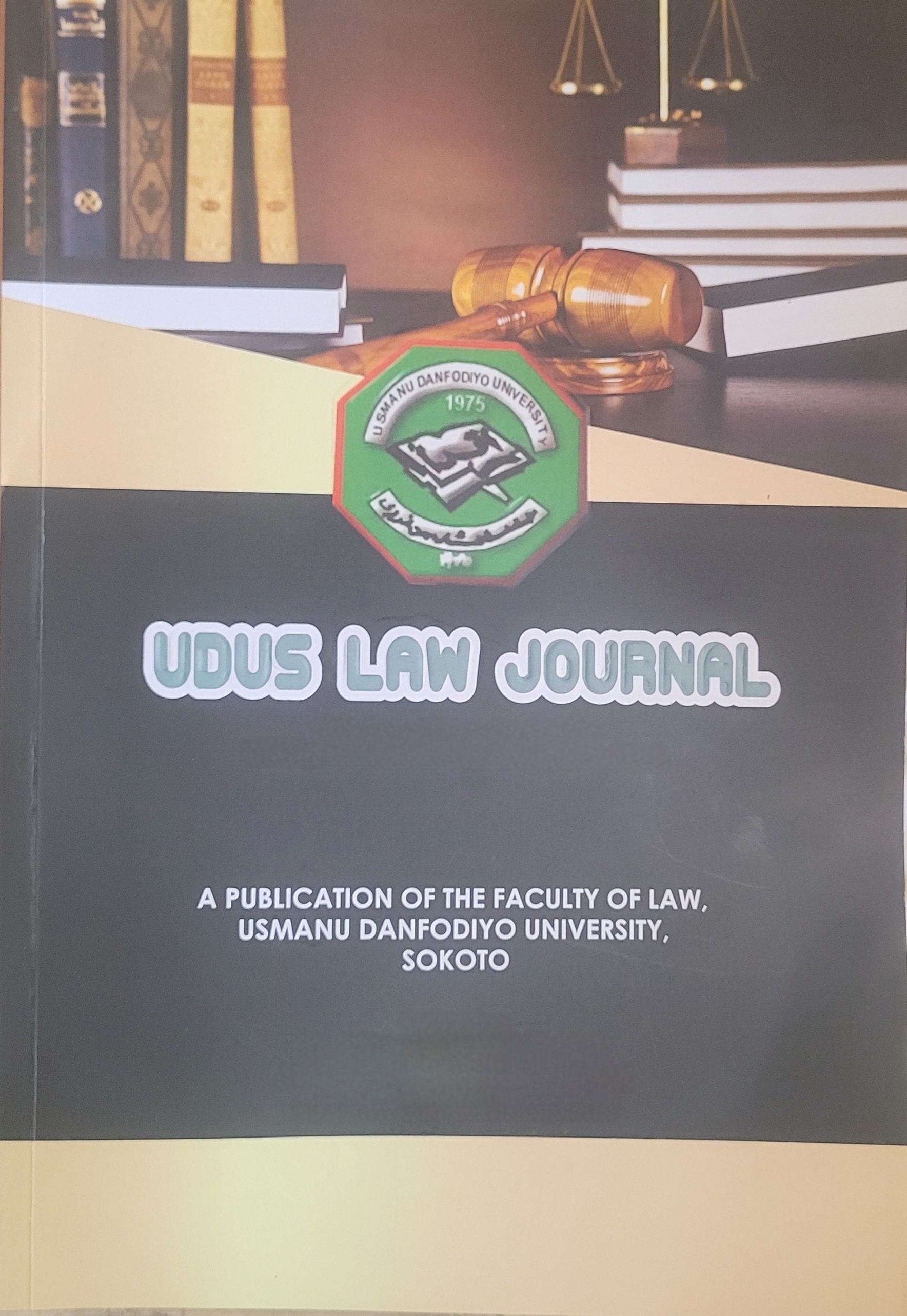Abstract
Islamic jurisprudence assists in peaceful co-existence in societies with sizeable Muslim population of the world. Zanzibar, Tanzania and Kwara State of Nigeria are classic examples of such regions of the world. In Zanzibar, Tanzania and Kwara State of Nigeria Kadhi’s courts assist in the administration of justice on Muslim personal matters such as marriage, divorce, inheritance and other related matter. In Kadhi’s Courts, the Quran and Sunnah recognized legal instruments courts used the court system. Besides, the constitution of Zanzibar, Tanzania and the existence of the Kadhi’s courts recognized in Nigeria. Besides, Shafii jurisprudence is the recognized jurisprudence in Kadhi’s Court in Zanzibar Tanzania while the Maliki jurisprudence is the official jurisprudence in Nigeria. However, Islamic jurisprudence stipulates primary and secondary legal requirements for Islamic marriage and recommends marriage guardianship as a vital requirement of a valid marriage. This paper evaluates marriage guardianship in Islam and examines the dynamics between Shafii and Maliki jurisprudence on marriage guardianship. The paper also discusses the juristic critique on marriage guardianship. This paper uses doctrinal approach to address the position of the Schools of jurisprudence and makes analysis with recently decided cases from Zanzibar, Tanzania and Kwara State of Nigerian the dynamics between Shafii and Maliki jurisprudence on marriage guardianship. This paper makes recommendations on the way forward to improve marriage guardianship under Islamic jurisprudence in contemporary era.



 National Library of Nigeria
National Library of Nigeria.jpg) Association of Nigerian Authors
Association of Nigerian Authors Nigerian Library Association
Nigerian Library Association EagleScan
EagleScan Crossref
Crossref